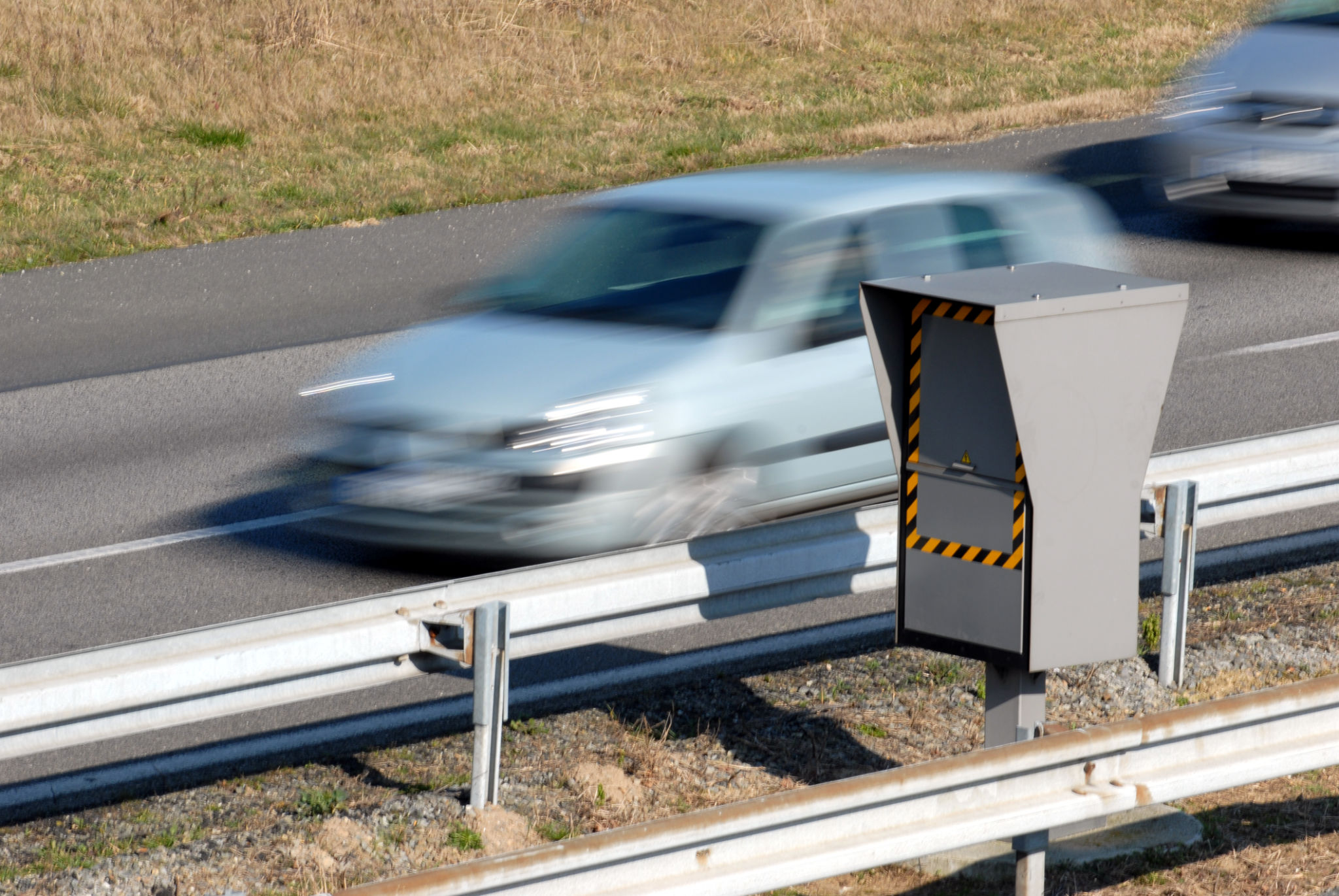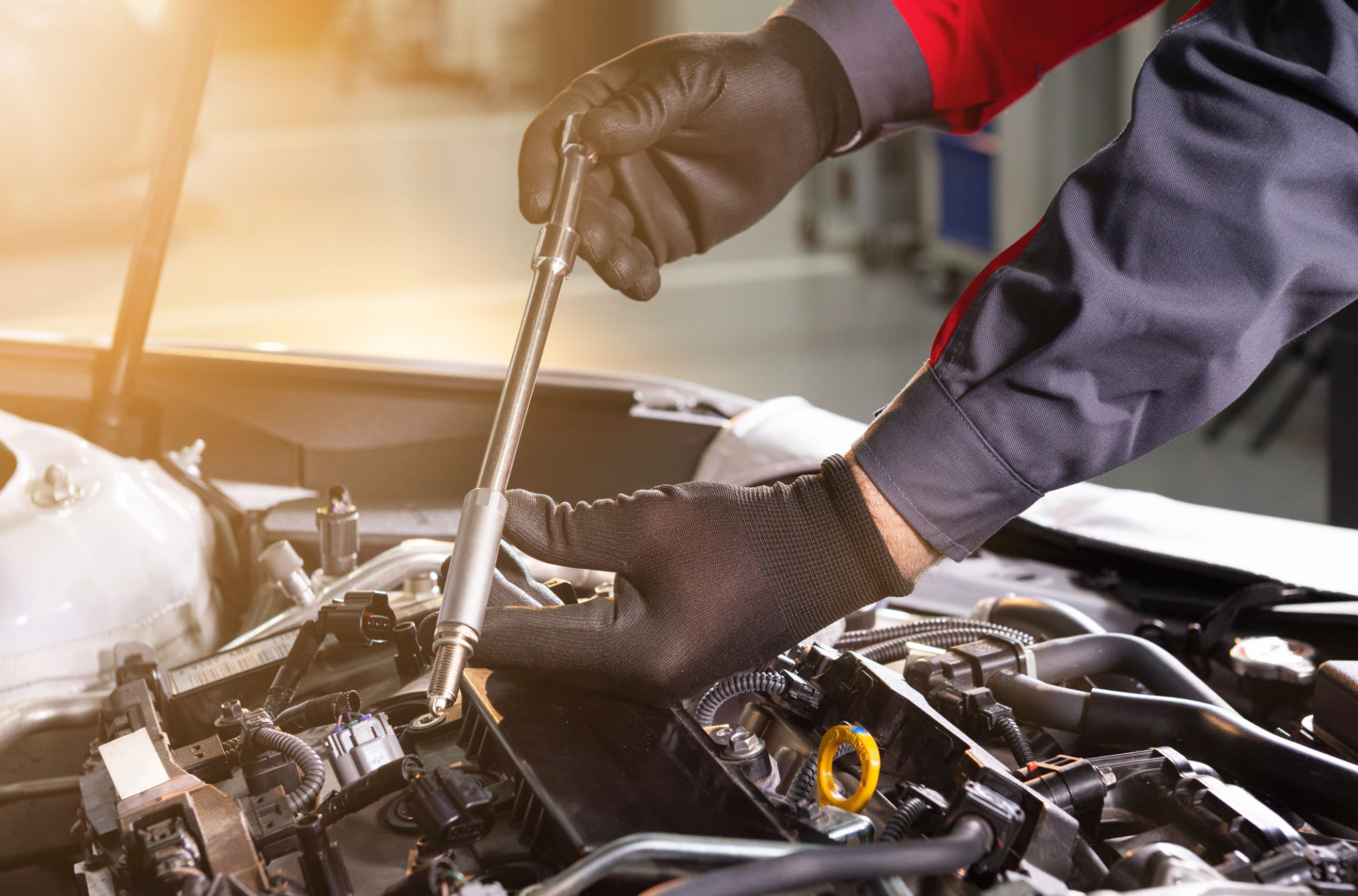The Importance of Car Radar Calibration for Safe Driving
Understanding Car Radar Systems
Modern vehicles are equipped with a plethora of advanced technologies designed to enhance safety and improve the driving experience. Among these innovations, car radar systems play a critical role in ensuring a safe journey. These systems use radar waves to detect objects, measure the distance between them, and assess their speed relative to your vehicle. This information is vital for various safety features, including adaptive cruise control, collision avoidance, and blind-spot detection.

The Role of Calibration in Radar Accuracy
For a car radar system to function accurately, it must be precisely calibrated. Calibration ensures that the system's sensors provide correct data about the vehicle's surroundings. If the calibration is off, even by a small margin, it can lead to inaccurate readings that compromise safety. For instance, incorrect radar data might result in the failure of a collision avoidance system to activate when necessary.
Regular calibration is essential, especially after any event that might affect the radar's alignment, such as a minor accident, windshield replacement, or suspension work. Without accurate calibration, the safety systems relying on radar data might not perform as intended.
Consequences of Poor Calibration
Improperly calibrated radar systems can lead to several issues. One of the most significant risks is false alarms or missed detections. False alarms occur when the system incorrectly identifies a threat, which can be distracting and cause unnecessary panic for drivers. On the other hand, missed detections can be even more dangerous, as they may prevent the vehicle from responding appropriately to real hazards.

Moreover, poor calibration can affect the performance of adaptive cruise control systems, leading to erratic speed adjustments that compromise comfort and safety. It may also impair lane-keeping assistance, resulting in unintentional lane departures.
When to Consider Recalibration
Knowing when to recalibrate your car's radar system is crucial for maintaining optimal performance. Here are some scenarios that typically necessitate recalibration:
- After a front-end collision or minor accident
- Following windshield replacement or repair
- After suspension or steering system adjustments
- If you notice erratic behavior in safety features

The Recalibration Process
The recalibration process should always be performed by trained professionals using specialized equipment. This ensures that the radar system is aligned correctly with the vehicle's other sensors and cameras. The process may involve adjusting the radar's angle and position to match the manufacturer's specifications, which is crucial for accurate operation.
Recalibration is typically performed at a service center or dealership equipped with the necessary tools and expertise. Attempting to recalibrate a radar system without proper knowledge and equipment could lead to further inaccuracies and increased safety risks.
The Investment in Safety
Investing in regular radar calibration is an investment in your safety and that of your passengers. While it may seem like an additional maintenance cost, ensuring that your vehicle's radar systems are functioning correctly can prevent accidents and save lives. Given the complexity of modern vehicles, regular maintenance and calibration checks are essential for keeping all systems operating at their best.
In conclusion, as technology continues to evolve, staying informed about the importance of car radar calibration will help you make better decisions regarding your vehicle's maintenance. By prioritizing this aspect of car care, you help ensure a safer driving environment for everyone on the road.
